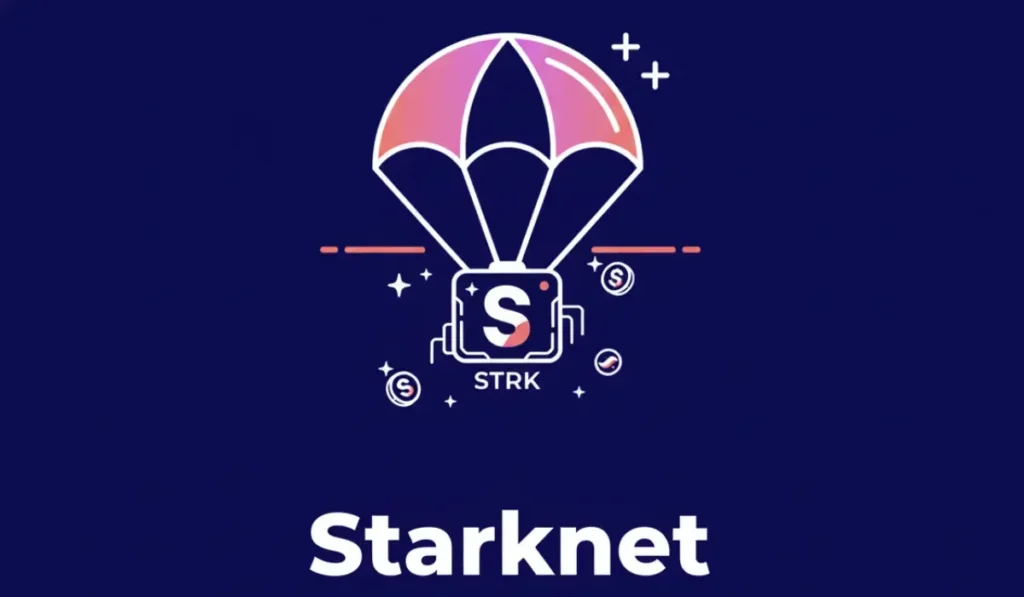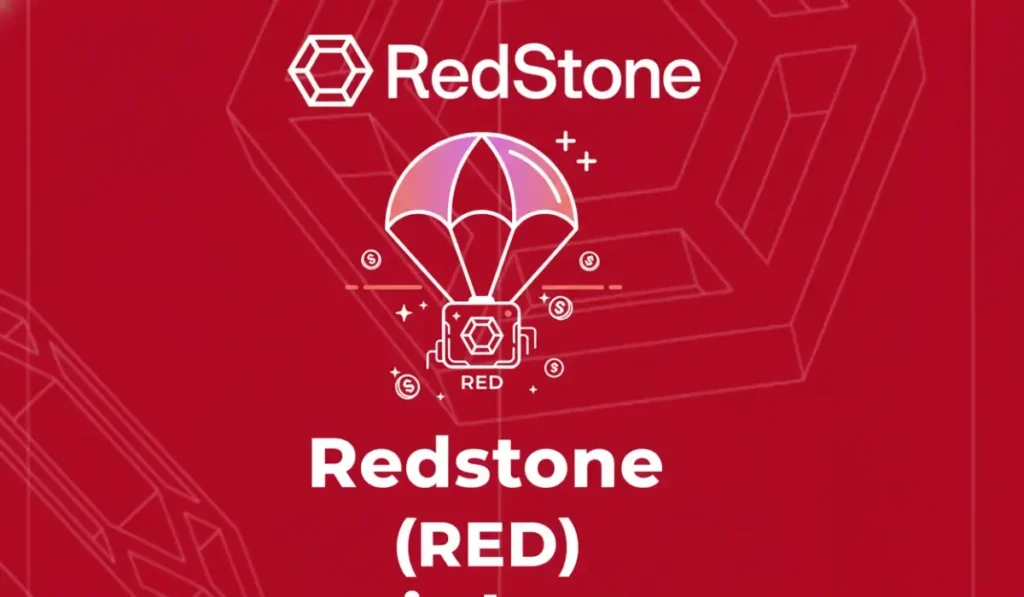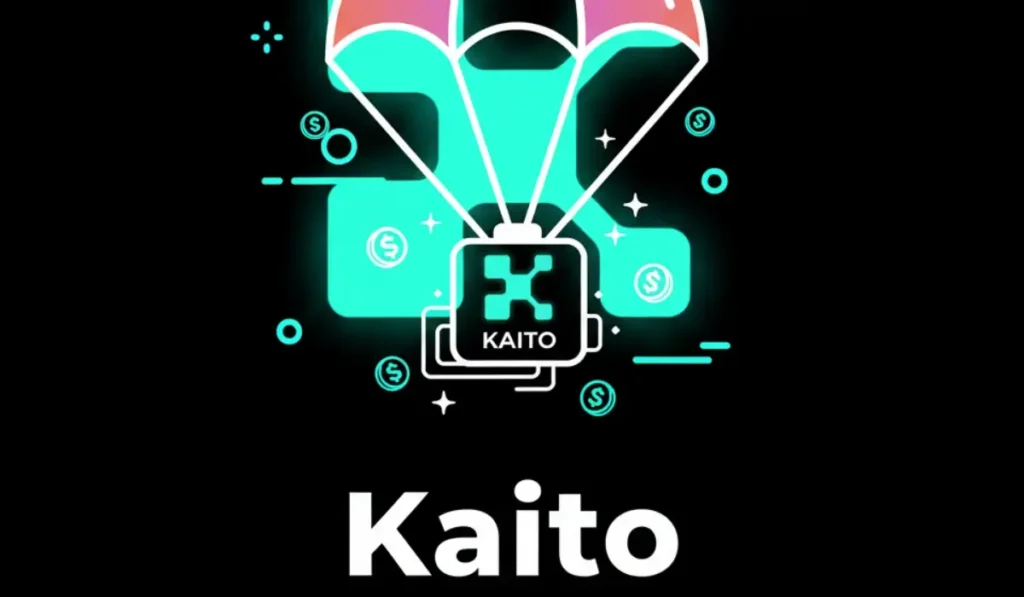5 Most Controversial Crypto Airdrops Ever

What is Airdrop
When releasing a coin into the cryptocurrency space, one of the most prominent web3 strategies to attract new users is using crypto airdrops. These airdrops are marketing events that provide free coins to the users for participating in the event. The users are usually required to do simple tasks to fit the criteria to claim free tokens. These tasks include social media sharing or interacting with the protocol before a specified date.
The process is quite straightforward; this usually involves announcing the airdrop, specifying the eligibility criteria, and then distributing the tokens to users for completing the tasks. The airdrops are meant to be rewarding to early adopters, encourage active participation, or seed liquidity in project participation.
TOP 5 most controversial Crypto Arirdrops
Flare (FLR) and Songbird (SGB) on Coinbase
Coinbase, the popular cryptocurrency exchange, failed to distribute FLR and SGB tokens, which were promised to XRP holders. Coinbase refused to distribute the tokens despite having received them from Flare Network at the time of SGB and FLR distribution. This led to a lawsuit against the Coinbase exchange for accusations of neglect, especially when other exchanges distributed the tokens correctly.
Wormhole Airdrop

Wormhole started as a decentralised blockchain interoperability project. They announce a governance token which will be distributed as an airdrop for certain NFT holders from affiliated collections. But when the token distribution took place, many within the NFT communities – such as holders of Bad Kids, DeGods, and Mad Lads NFTs were not given their share of tokens. Sudden changes in requirements, like obtaining specific Discord roles within a short time, caused community uproar and complaints from the affected users.
Starknet (STRK) Airdrop

Starknet is a layer 2 Ethereum scaling solution based on zero-knowledge (ZK) rollup technology. Starknet faced backlash over its highly anticipated STRK token airdrop.
The main focus centered on the eligibility criteria and token allocation amounts that many users pointed out to be unfair. Rumors started to spread that many eligible users were left out, while others with minimal involvement were given higher amounts.
Redstone (RED)

A cross-chain oracle project faced backlash during its 2025 RED token airdrop. Initially, they planned to allocate 9.5% of their tokens to the community, but abruptly changed the amount to 5% which triggered community outrage. Many loyal users who engaged with the prolonged tasks set by this project were left empty-handed, creating widespread accusations of airdrop exploitation.
Kaito (KAITO)

Kaito, a platform that incentivizes content creation through an AI-powered system, faced widespread criticism over its 2025 airdrop distribution. A very large portion of the token supply, 43.3% was held by insiders and influencers, while the legitimate community held only 10%. This led to the rise of accusations of manipulation and favoring insiders.
Crypto AirDrops: What we learned?
Airdrops are powerful tools for crypto growth; however, they come with high-stakes challenges.
- Projects and exchanges must communicate effectively to act responsibly during the time of token distributions to avoid legal consequences.
- Transparency in eligibility and allocation of tokens is crucial to maintain trust.
- Airdrops need to be fair and take necessary steps to avoid exploits and prioritize community inclusiveness.
Conclusion
As crypto continues to evolve, crypto airdrops are also gaining exposure due to their success. Although there are airdrops like Flare, Wormhole, and StarkNet that didn’t meet the community expectations and serve as a cautionary tale, there are many airdrops that gave the early investors high rewards for their involvement.
Arbitrum is the highest-priced airdrop; they distributed 1.97 billion worth of $ARB.
The crypto airdrops usually require minimal investment of time, and you can get free rewards when launching successful tokens with good utility.
Check their official website and terms to join the airdrop. If they demand too much, they are probably not real.
Crypto airdrops are typically risk-free.
Uniswap is the biggest airdrop project that distributed a total of $6.43 in airdrop value.
Crypto & Blockchain Expert
